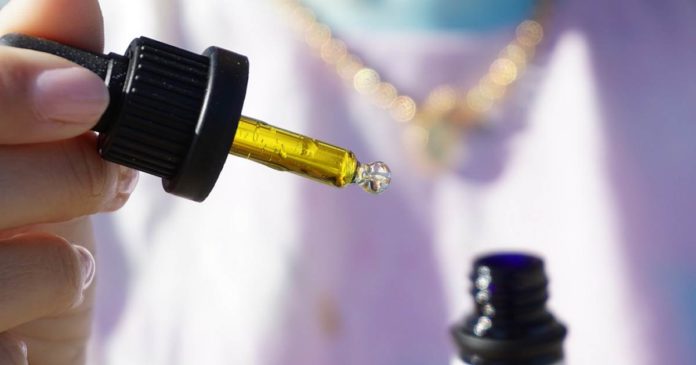A department of one of the largest specialist medical colleges in Australia and New Zealand is advising health professionals against prescribing cannabis medicines for chronic non-cancer pain unless part of a clinical trial.
The Faculty of Pain Medicine of the Australian and New Zealand College of Anaesthetists’ advice has been added to the Choosing Wisely list of tests, treatments and procedures health professionals and consumers should question.
This advice has been backed by what the Faculty states is evidence not supporting the use of cannabinoids in relation to treating or managing chronic non-cancer pain (CNCP). And as for evidence that is supportive, it claims this is of such low quality that no valid scientific conclusion can be drawn.
With regard to formulations only containing cannabidiol, which are most commonly prescribed, the Faculty says these have not been the subject of a published randomised controlled trial (RCT) for pain indications. The advice also warns of interactions with other medications and in the case of products containing tetrahydrocannabinol, neuropsychiatric effects.
Last year, Penn State College of Medicine researchers put together a list of dozens of medications that may not function as intended when used with cannabis products.
Dean of the Faculty of Pain Medicine, Michael Vagg, goes further in explaining the reasoning behind the advice in an article published on The Conversation; addressing what he says are a number of myths concerning the efficacy of medicinal cannabis for CNCP.
“If medicinal cannabis was truly as potentially valuable as often claimed, we would be the loudest voice in favour of wider access. The weight of evidence points us away from this conclusion.”
Hopefully if the evidence it requires comes in, the Faculty will live up its word.
The article also took aim at the situation in Australia where it is legal to buy low-dose CBD products over the counter “from June this year assuming they meet the very minimal requirements to be listed by the Therapeutic Goods Administration”.
First, qualifying products have been legal since February.
Second, the requirements are anything but minimal – listing is a complex and expensive process. Cannabidiol medicines will be subject to at least the same scrutiny regarding claims and safety as any other Schedule 3 (Pharmacist Only) products. This is why there are no products yet available and there likely won’t be until late this year or early next year.
Third, while available without a prescription, these low-dose cannabidiol medicines will only be available after consulting a pharmacist who will make the call as to suitability.
The related FPM medical cannabis release can be viewed here.


